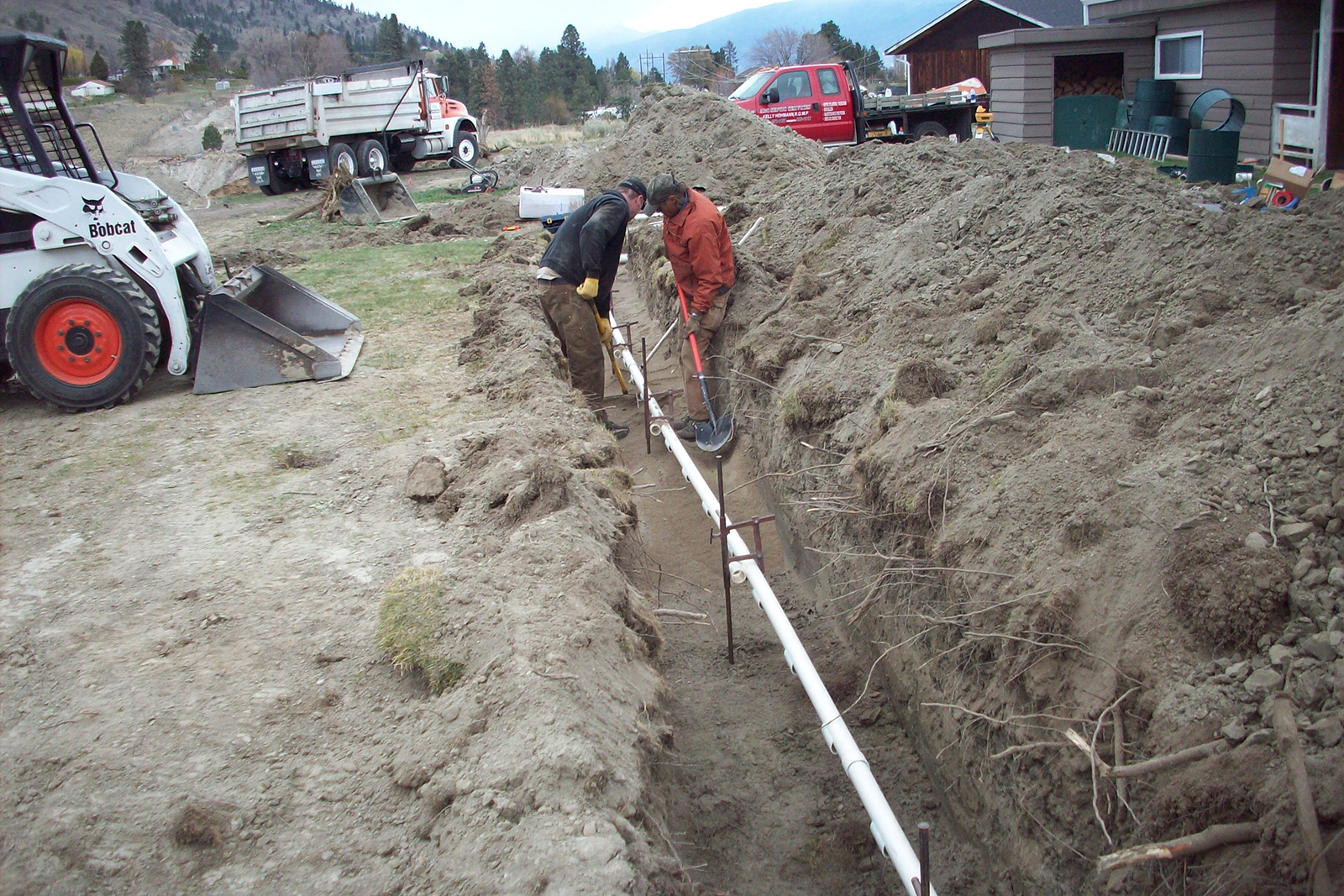If your house or business isn’t connected with the municipal sewer system, a septic system will likely be in place for handling your wastewater. Septic systems are an environmentally friendly and effective method to manage sewage. However, they’ll require regular maintenance, and eventually require replacement. In this article, we’ll provide an extensive guide for controlling the cost of septic system installation and replacement.

The Price of a Septic System Installation
While a septic system installation is a substantial investment It is crucial to make sure that your home’s wastewater is treated in a safe and effectively. There are numerous factors that can affect the cost of a septic tank installation.
Size of property: Larger properties will require larger septic systems to handle the increase in wastewater production. In turn, larger homes generally require more expansive and expensive septic systems.
Bedrooms There are a number of bedrooms you have in your house or office will impact the size of your septic tank. New Hampshire requires that at the very least a 1,000 gallon tank be set up for three bedrooms. An additional 250-gallon tank must be added for every additional room.
Site conditions: These factors as well as the type of soil, its topography and permeability, could affect the price of installation. The more challenging terrain or soil conditions may need additional excavation or specialized equipment to be used, which can increase the cost.
Zoning and permit requirements: The requirements for permitting and/or zoning can be modified by state and location. Additional charges may be imposed for permits and inspections.
The cost of a New Hampshire septic system installation is $5,000 to $10,000 depending on the factors mentioned above. It is important to keep in mind that this is a rough estimate and that every situation will have the exact cost.
Cost of replacing the Septic tank
Septic systems can last from 20 to 40 years, dependent on how well they are maintained and used. If your septic tank is failing will need to be replaced. It’s generally cheaper to replace the whole system than it will cost to repair it. The septic system might be required to be replaced when it is slow to drain, standing waters in your backyard, or backups of sewage.
The cost of replacing a septic tank will depend on a variety of aspects, including the size of your home, how many bedrooms you have, as well as what conditions you are in. Because the system needs to be removed properly and removed to be properly disposed of, a new system for septic tanks will generally cost more than the installation.
The typical cost for replacing the New Hampshire septic tank is between $10,000 and $25,000 depending on the variables mentioned. Again, it is essential to keep in mind that this is only an estimate, and the final price may differ based on the specific particulars.
Tips for managing the cost of a septic system
Regular maintenance: Regular pumping and inspection can prolong the life span of your septic tank and prevent costly repairs.
Choose the right contractor A reliable contractor will make sure that your septic system is properly installed and code-compliant. This will help you save cash on costly repairs and penalties for non-compliance.
Beware of flushing nonbiodegradable substances. The flushing of nonbiodegradable items like diapers, sanitary pads, and wipes, may clog the septic system. This could lead to expensive backups.
Conserve water: Conserving water can decrease the burden on your septic system and extend its lifespan.
The most appropriate system is best option for your property.
In order to maintain a working and healthy septic system, it is crucial to keep it in good condition. A properly maintained septic tank can provide many benefits in terms of avoiding costly repairs, reducing ground water contamination, stopping back-ups and odors in addition to making sure it lasts for a long time. Regular pumping is a great way to improve the efficiency of the system as well as stop costly damage that can be caused by cracks or obstructions. Regular inspections are vital as they can detect the possibility of problems in advance. Following these steps will help to maintain a secure and efficient septic system that is up to the environmental standards. A detailed maintenance plan for your tank will save you time and money in the long run. It also gives you confidence that your residential or commercial property will be equipped with a functional Septic system that will last for many years.
For more information, click septic replacement cost
Leave a Reply